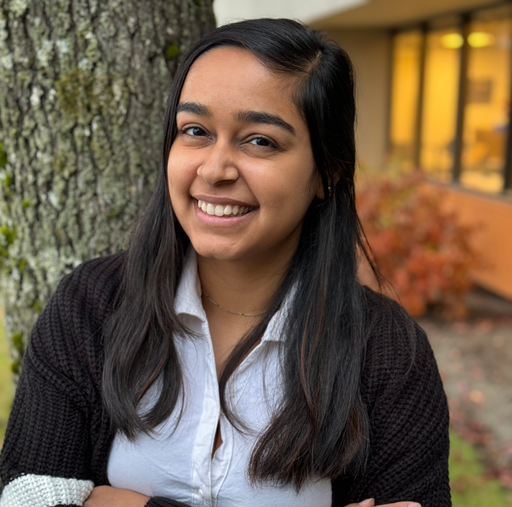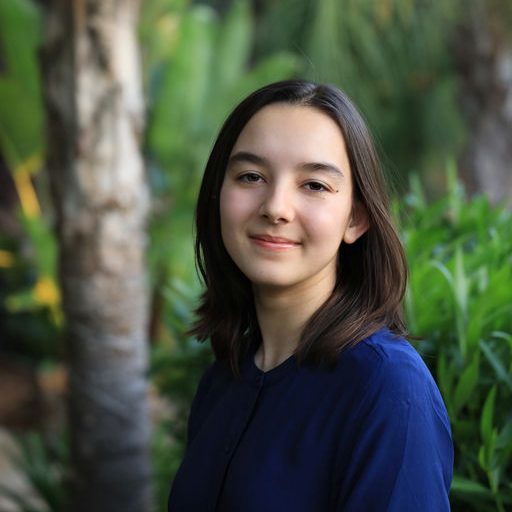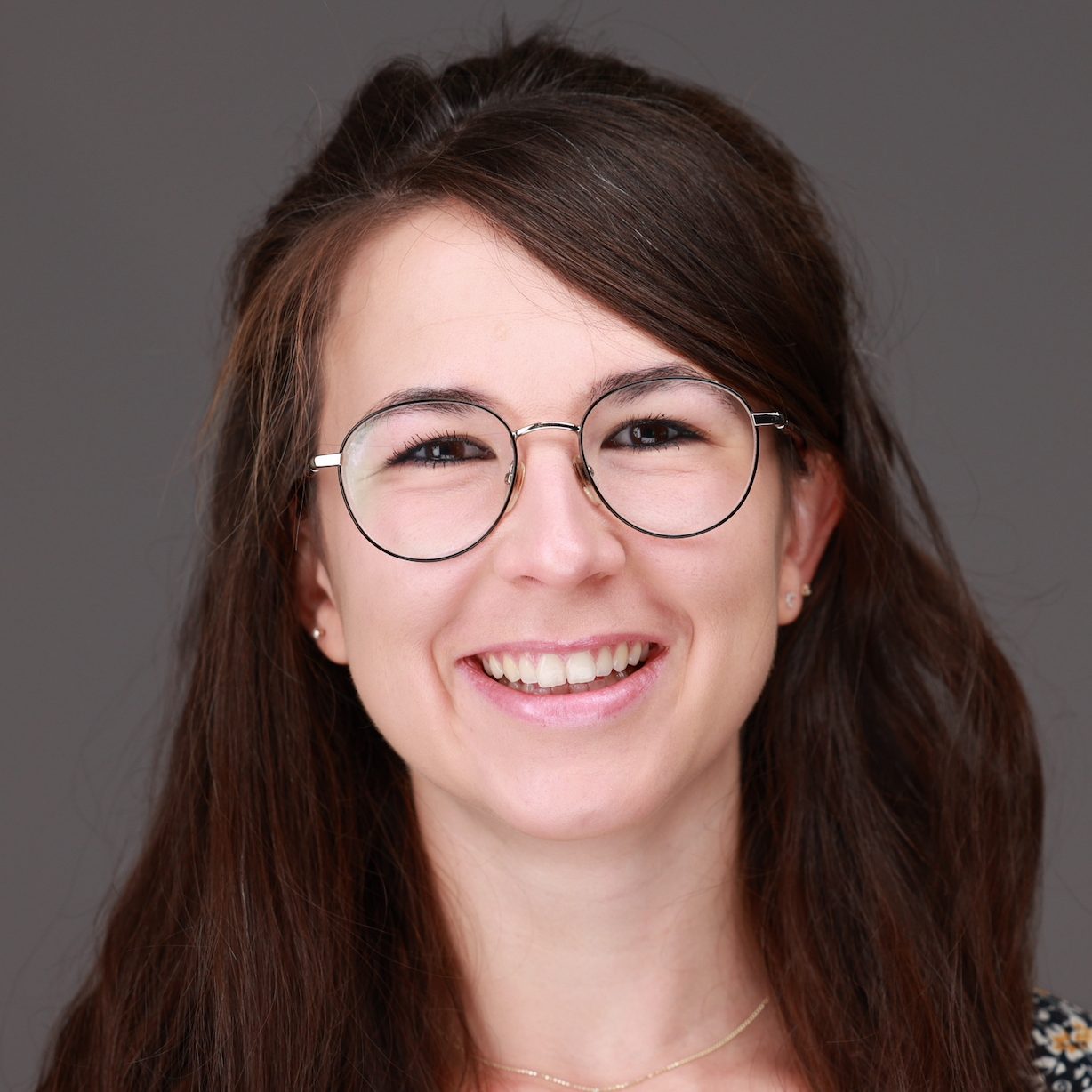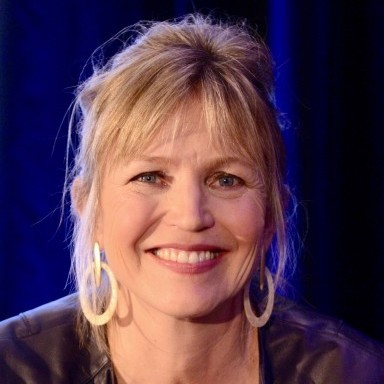Space Panel: Sam Sharma, Ashley Raigosa, Victoria Da Poian
About This Video
WiDS Worldwide, Stanford Panel: Space Panelists:
- Sam Sharma, Satellite Systems Engineer, Starfish Space
- Ashley Raigosa, Undergraduate Studying Computer Science and Astronautics, Stanford University
- Victoria Da Poian, Data Scientist, NASA Goddard Space Flight Center
Moderated by: Margot Gerritsen, Professor Emerita & WiDS Co-Founder, Stanford University
In This Video

Satellite Systems Engineer, Starfish Space
Talk Title: Mission Possible: Leveraging Data for Otter Pup Rescue and Satellite Operations
Abstract: The Starfish Space Otter Pup spacecraft launched on June 12, 2023 as a pioneering mission for autonomous rendezvous, proximity operations, and docking (RPOD) using electric propulsion. Initially, Otter Pup was intended to ride with an orbital transfer vehicle (OTV), separating a week later for its RPOD mission. However, an OTV anomaly during separation caused a high tumble rate at over 330 deg/s, prompting emergency separation of Otter Pup. Recovery efforts spanned two months, culminating in the successful stabilization of Otter Pup with minimal power. Subsequently, an investigation into spacecraft health and mission calibration commenced. This presentation highlights the efficient data collection, the data pipeline between ground and the spacecraft, and analysis challenges in on-orbit testing and operations, emphasizing their significance for spacecraft operations.
Bio: Sam focuses on testing and operations of space systems, mission design, embedded systems, machine learning, and science communication. She holds a B.S.E. in Aerospace Engineering with minors in Electrical Engineering and Multidisciplinary Design and earned her M.E. in Space Engineering, both from the University of Michigan. During university, she led the science and systems engineering teams for the MiTEE cubesat mission, worked on machine learning algorithms at SSAI – NASA Goddard through an internship, and actively mentored in various STEM organizations, including teaching robotics to high school students.

Undergraduate Studying Computer Science and Astronautics, Stanford University
Talk Title: Traversing the Data Desert: Pioneering low-cost CubeSats
Abstract: Ashley avidly works on developing low SWaP (Size, Weight, Power) CubeSats and is actively open-sourcing resources for developing satellites. When designing new technologies for space environments, developers tend to rely on systems that have “flight heritage” or have already been proven to work in space. However, how do you overcome this issue when pioneering new systems? Ashley will discuss her experience with designing flight software and navigation payloads for satellite missions that lacked prior satellite data to reflect upon. Within her talk, she will discuss methods for simulations and testing CubeSats which small organizations and even schools can complete in a low-cost manner.
Bio: Ashley Raigosa, currently pursuing an undergraduate Computer Science degree at Stanford and set to graduate in 2026, is passionate about hands-on space engineering and AI. She is currently a Satellites Team lead for the Stanford Space Initiative (SSI) where she contributed towards a successful satellite mission, hosted workshops for local high school and college students, and works on avionics and software for the team’s upcoming satellite. Additionally, she is a current intern at NASA Ames researching deep learning methodologies for exoplanet research. Previously, she investigated star-tracking systems at Stanford and, with the Stanford Space Rendezvous Laboratory, integrated ranging and star-tracker data to improve autonomous satellite navigation. Prior to Stanford, she hosted workshops ranging from AI to rocketry for Title 1 Schools, led a scholarship program for minorities in STEM to teach workshops in their local communities, and was a technical writer for Women in Machine Learning and Data Science.

Data Scientist, NASA Goddard Space Flight Center
Talk Title: Towards Science Autonomy for Planetary Missions: Data Science and Machine Learning to support future missions to Mars, Titan, and Ocean Worlds
Abstract: Future planetary exploration missions investigating habitability and potential life on distant bodies (e.g., Titan, Enceladus) will face communication constraints with limited transfer rates and short communication windows. The current space mission operations plans relying on ground-in-the-loop interactions are not suitable for such remote targets. To address this, new missions require additional autonomy to achieve their desired science return. Our research leverages machine learning and data science to enable science autonomy onboard space missions. Science autonomy would enable a spacecraft to make closed-loop scientific decisions without the need for constant communication with Earth’s science and operations teams. It has the potential to greatly enhance planetary science missions by enabling far more efficient exploration of planetary bodies, while optimizing the science data returned to Earth. We focus on methods for mass spectrometry data to support scientists’ decision-making process, make science operations faster and more efficient, and ultimately maximize space missions’ scientific returns.
Bio: Victoria Da Poian is a data scientist at NASA Goddard Space Flight Center who specializes in developing machine learning and data science tools for planetary science instruments. Her work centers on advancing science autonomy for space missions, allowing spacecraft to make independent scientific decisions without constant communication with teams on Earth. This innovation promises more efficient exploration of other planetary bodies and maximizes data returned to Earth.

Co-Founder, WiDS Worldwide
Margot Gerritsen is a Professor at Stanford University and co-founder and co-director of WiDS Worldwide. Her expertise is in computational mathematics. She is particularly fond of computational fluid dynamics and linear algebra. Margot received her MS from TU Delft and her PhD from Stanford. Prior to her position at Stanford, she spent five years as a faculty member at the University of Auckland, New Zealand. Margot was born and raised in the Netherlands and left the flat lands in 1990 in search of hillier and sunnier places. She still has her Dutch accent. She currently lives in the Oregon mountains with her partner Paul.

